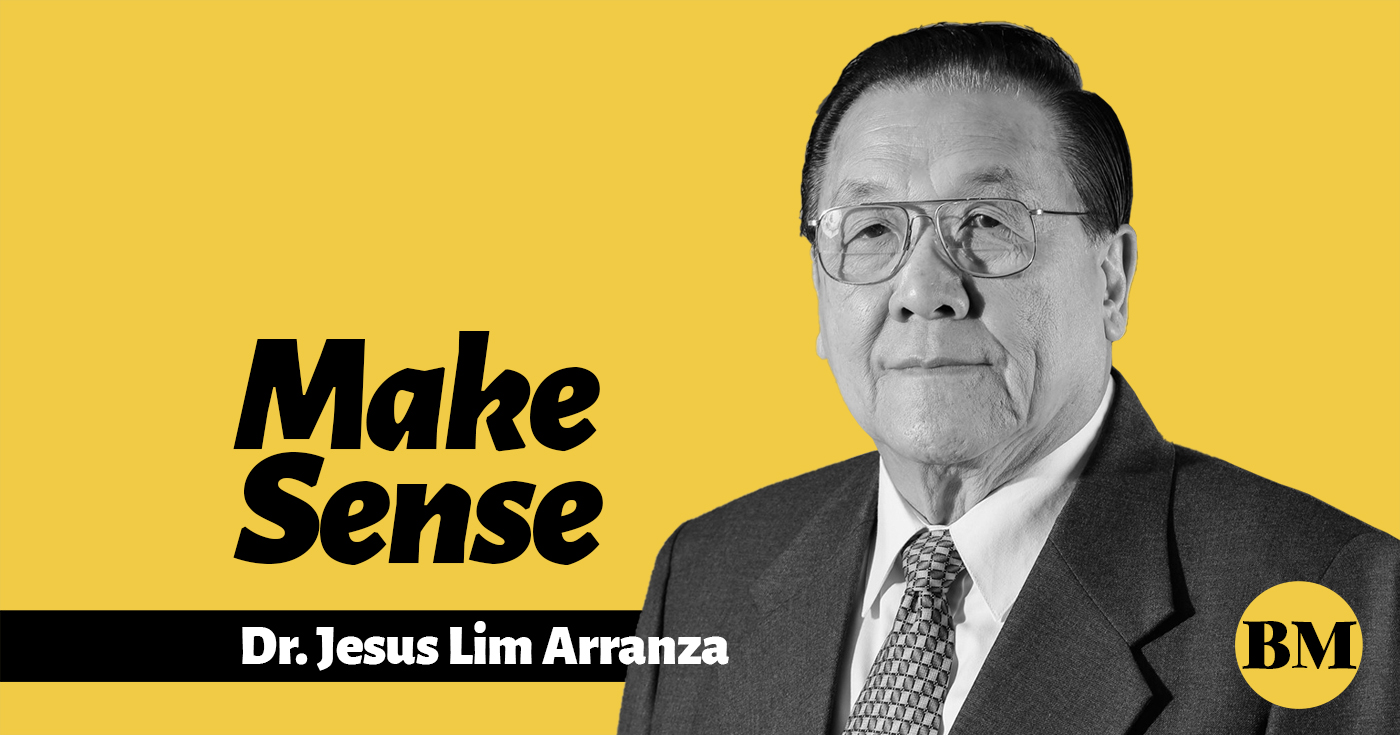
“Within these halls, we talk about the human rights of children – the right to life, to a name, to education, and to health, among other rights. Today, I want to mention another – their right not to know.
“Children have the right not to know firsthand the horrors of war. They have the right not to know the weight of a rifle and the sharpness of its edges from a blow struck at them. They have the right not to know fear, the kind one feels staring at the barrel of a gun aimed at one. They have the right not to know hate, the tempestuous hate that is assuaged only by murdering its object. Except maybe on the screens of their Xboxes and Nintendos, children have the right not to know what a battlefield looks like. It is one place where they do not belong along with a militant’s malignant embrace.
“The Philippines shares UN’s profound desire to keep children away from armed conflict. And should it be unavoidable that we find them in the midst of battle, to keep them safe. The depth of our disdain for armed groups recruiting children and using them as human shields can only be measured by the grim determination to fight them. These armed groups are beneath contempt. Our country has suffered human, social, and economic costs from armed conflicts waged by these groups. The suffering is multiplied when children and youth are involved, because the psychological cost of war, which is immeasurable, are borne by the children as they grow into adulthood and impacts on the nation’s future.
“In May 2017, militants affiliated with the ISIS took Marawi, a city in Southern Philippines. After five long months of fighting, Government forces took back the city, but not without huge costs in their casualties and to the city. Regrettably, children recruited by the militants were hurt in the fighting. Schools occupied by militants were taken back; the city was destroyed – confirming the irony that sometimes a village must be destroyed in order to save it because it cannot be left in militant hands behind advancing army’s back. But a school? One can always surround it, go around it, and leave it behind.
“Rebellion and armed conflict are complex issues but they do not defy solution. My Government is tireless in finding a resolution to these conflicts. Attaining peace remains at the core of the Philippine President’s agenda. The Six-Point Peace and Development Agenda aims to bring about new peace agreements, always consistently with human rights and our democratic Constitution; while diametrically opposed to the tyranny of terror and ever adamant in enforcing the civil and human rights found in political constitutions familiar to the civilized. It is designed to promote a culture of peace and conflict sensitivity; and to achieve a peace that fosters catch-up economic development in conflict areas. Earlier this year, the President ordered his Peace Secretary to resume talks with the Communist rebels. They rejected it.
“The Armed Forces of the Philippines is mandated to be a primary duty-bearer not only of peace but especially of the safety of children in armed conflict. Under its regulation called “Children Protection During Armed Conflict Situations”, children are given special protection in armed conflict situations. Those rescued or recovered, including those apprehended for alleged association with rebel armed groups are handed over to the local social welfare officer for processing and psycho-social services. Both the Armed Forces and the Commission for the Welfare of Children work with UNICEF to end child rights violations. For this the Army has gotten scant credit; while enemies of the state are repeatedly eulogized for their repeatedly avowed and never fulfilled intention to end their recruitment of child soldiers.
“Childhood should be the most cherished stage of a person’s life; all are entitled to know the innocent joys from which we are all compelled to graduate into the world that adults make. We are committed to the UN Convention on the Rights of the Child and its related Optional Protocols to uphold children’s rights and welfare. This commitment is guided by the 3rd National Action Plan for Children and the Philippine Plan of Action for the Elimination of Violence Against Children. Executive Order No. 138 strengthens the Children in Armed Conflict program, which involves the conduct of human rights training, monitoring, reporting, and responding to child rights violations in situations of armed conflict.
“The militants are not bound by any of these conventions, protocols, and plans in their predations. Nor is their anti-vision of society ever hospitable to the idea that children are outside the scope of war but rather one of its spoils. Thank you.”
























